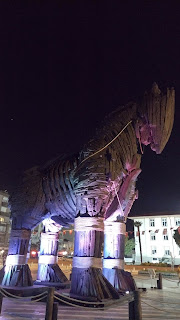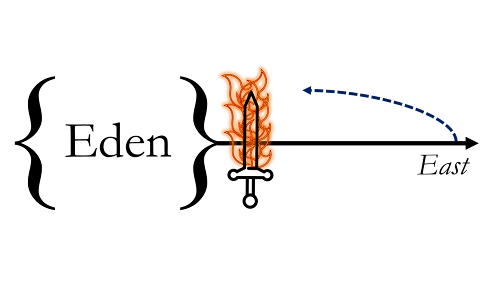The Second World War: Britain's Modern Moral Myth

I'm writing from Saint-Laurent-sur-Mer, one of the Normandy coastal towns liberated by the Allies on D-Day, 6th June 1944. Here by Omaha Beach, the legacy of the Second World War is quite inescapable. Almost every signpost points to a battleground, memorial or museum, and the landscape looks just like those images ingrained in our minds by Saving Private Ryan (1998) , Band of Brothers (2001) and, filmed on these same beaches, The Longest Day (1962). The War, however, is inescapable everywhere , perhaps especially in the British mindset. The 'Blitz spirit' was invoked during the Covid-19 lockdowns, and Vera Lynn's 1939 song 'We'll Meet Again' was once again on the air; and, during the BLM protests in London, Winston Churchill's statue became the locus of public grievances. The War has permeated beyond our films and museums, and beyond our national pride and politics. The memory of the War has become intrinsic to our sense of morality. It is, in short, the...

